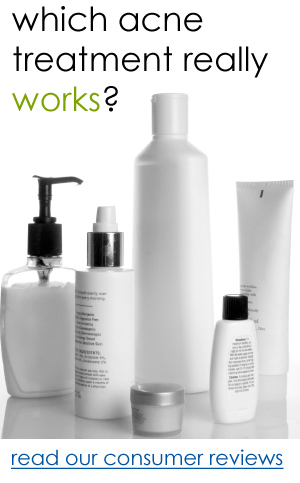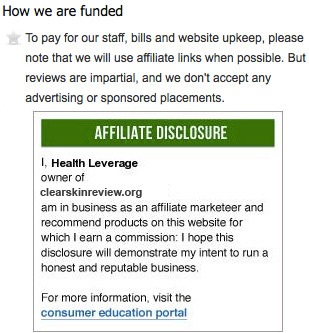Are allergy treatments effective for curing acne?
Published:May 10th, 2012
©asolario
This one is a rather controversial topic and definitely hard to provide conclusive answers to because of the scarcity if not lack of supporting evidence or scientific literature altogether. Having allergies is distressing, a fact which is sometimes believed to be a triggering factor in terms of aggravating an existing acne condition. As stress-inducers, allergies have the potential to indirectly cause the formation of more zits and pimples. Treating allergies therefore through the application of allergy medications results in lowered acne triggers as logic or reason would dictate.
Another interesting facet or side to this query which tends to confound the issue of allergy treatments as cure for acne is the presence of an ever visible rash which is often mistakenly regarded as acne. Developing a rash is one of the hallmark symptoms of an allergic reaction and is typically thought of as acne and less commonly as hives or some other allergic rash. Thus, it cannot be simply said nor claimed nor attributed that prescribed treatments/medications for allergies are indeed potent at eliminating acne, especially if the rash is not acne in the first place. As yet, the link or connection between acne and allergy treatments remain unclear with regards this issue.
There are theories from among the experts that point to anti-histamines as effective adjunct treatment to the usual cures for acne. The general idea here is that oil-producing cells known as sebocytes have been known to have histamine-1 receptors and by blocking these receptors, sebum production will be reduced and possibly lower the severity of an existing acne condition.
Presently, there is very little research linking or associating allergy drugs to controlling or curing acne. There is one clinical study though which aimed to evaluate the efficacy of one topical antihistamine product in terms of lowering skin oiliness and acne. The product is said to contain H-1 receptor antagonist/ blocker, acrylic copolymer, and botanicals with oil control functions intended to enhance the appearance of subjects with oily facial skin free of or affected with mild to moderate acne.
Twenty (20) adult subjects both male and female were entered in the study. At the initial visit, experimenters graded and evaluated the degree of facial shine and oiliness on the face of each subject with the use of an 11 point analog scale were 0 is equivalent to none and 10 equals severe. Each subject’s acne severity was gauged by literally counting acne lesions and by applying a global acne scale. Both objective and subjective skin irritation was ranked through a 4-point scale with 0 = none and 3 = severe. Sebum measurements were taken on the areas of the forehead, cheeks and chin of each subject at each visit. Their faces were then photographed with a digital camera. Subjects returned after 2 weeks and 4 weeks for repetitive grading, sebum measurements and photography. The auspicious findings of the study indicate that the product offered both an instant and sustained benefit in decreasing skin oiliness and improved the acne condition of some subjects. The product is still awaiting patent.
Besides anti-histamines, anti-leukotrines are also staple components of allergy medications. Singulair, a drug with leukotriene receptor antagonist that suppresses the cysteinyl leukotriene CysLT1 receptor is observed to not only reduce the inflammation of existing acne but also helps in thwarting another possible eruption. This is not a solid or definitive study though.



Write a Comment of Are allergy treatments effective for curing acne?